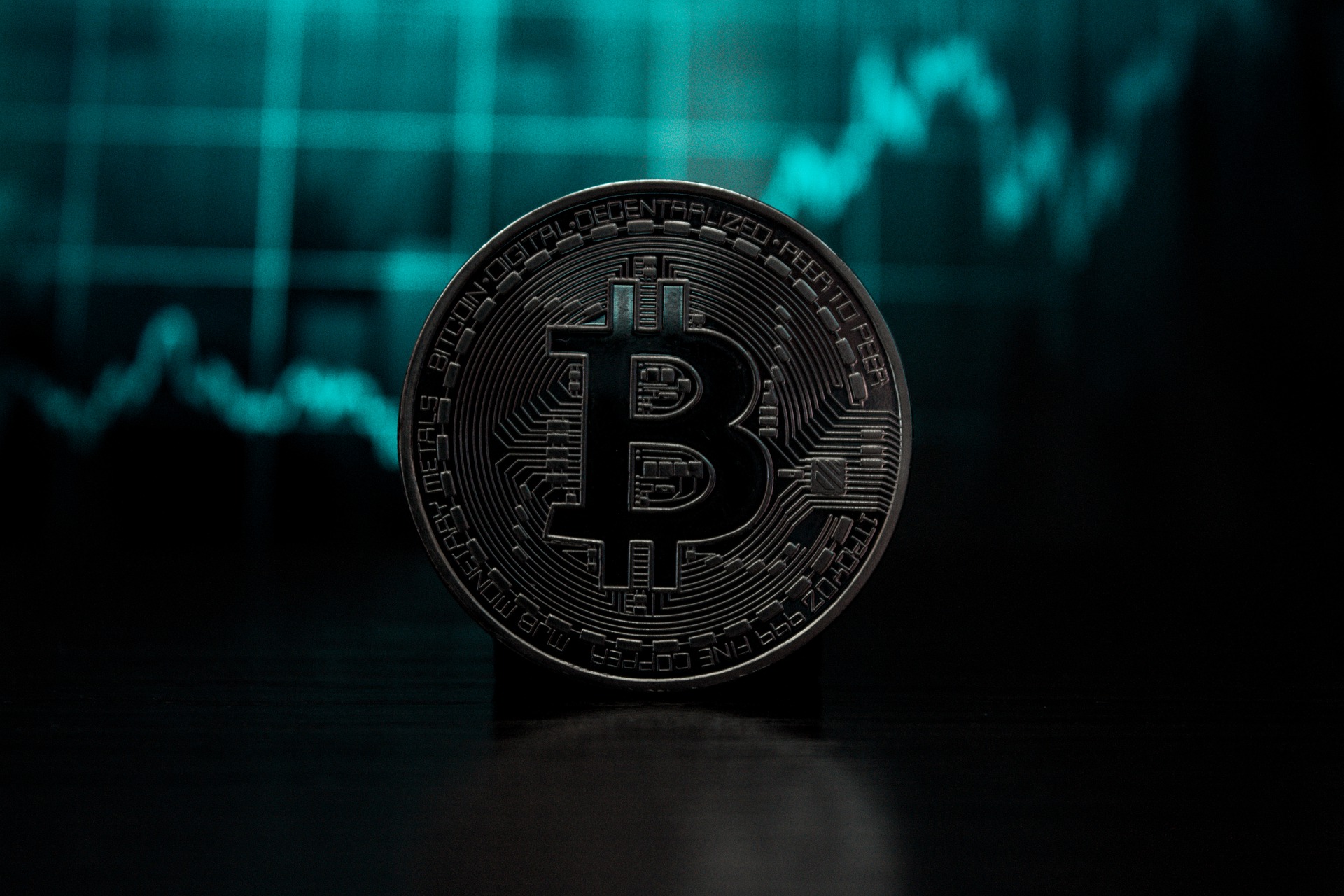The increment in the total number of hacks and scams in the cryptocurrency industry has brought in a bad reputation for these virtual coins. One of the strongest and leading ways to clean up this image is the utter regulations of cryptocurrency exchange. However, such incidents will consume time as governments across the globe deal alongside complete acknowledgement and existence of virtual coin attributes as per the ongoing framework.
As per some reports, few government authorities have advised self-regulation to the cryptocurrency exchange. Check bitqt to get a detailed guide to bitcoin trading. However, undeniably the notion of self-regulation is not unknown as several industries execute such operations.
But the cryptocurrency market might seem vulnerable due to the immoderation of the marketplace. So, let’s get a brief overview of the self-regulation of cryptocurrency exchange and find out whether self-regulate or wait for the government guidelines to come.
What do you mean by Self-Regulation?
About digital currencies, the process usually refers to the development of rules and regulations and a principle of conduct for the existing players to execute and manage the business within this marketplace.
Self-regulation can cover many rules and regulations on a cryptocurrency exchange, for example, KYC and transparency. Transparency and KYC eliminate the security loopholes and reduce the extent of hacks and theft instances.
IOSCO has demonstrated an utter stack of aspects comprising the process of self-regulation. The aspects defined by IOSCO includes utter accountability, limpidity, sharable details and coordination. In some countries, the higher authorities might offer an extra inaccuracy for the autoregulation of exchange.
Will Self-regulation bring any improvement to the cryptocurrency marketplace?
Brining symmetry and regulations to a decentralized financial system is challenging for government authorities and other financial parties and commissions. However, self-regulation can diminish government authorities’ complications by guaranteeing that regulation of budding cryptocurrencies and decentralized ecosystems will not execute randomly.
After the utmost latest hacks, one can analyze the responses of cryptocurrency trading platforms to the self-regulations. Many cryptocurrency exchanges claimed to offer refunds to their user base after an incident of the hack. All the more, Mt. Gox, the most prevalent fraud cryptocurrency exchange of all time, has managed to return some amount of the entire stolen amount to its user.
Recently news arrived that Mt Gox can no longer operate as a cryptocurrency exchange and is bankrupt now. Recently some hacker hacked a blockchain model named Polygon. Polygon was not that famous before the hack, but it acquired the spotlight. So far, the hacker has returned the majority of the amount he stole, and he also got an offer for the post of cyber security head in Polygon.
Countries where cryptocurrency exchange is self-regulating!
The dramatic shift towards self-regulated cryptocurrency exchange has changed many market aspects. To an exceeding extent, the countries involved in cryptocurrency trading, Japan and South Korea, have implicated auto regulations in the exchange. These countries have made cryptocurrency bodies and commissions to implicate the self-regulation in virtual currency exchange. The commission regulating cryptocurrency exchange in Japan is famous as JBA and comprises more than 100 members, and the Japan Blockchain Association regulates more than 30 exchanges.
A blockchain association is also present in countries like the US, South Korea and India, including the United Kingdom. In India, an emerging cryptocurrency hotspot, seven exchanges have formulated this blockchain association to implicate self-regulation. In South Korea, the blockchain body comprises 25 members, and many cryptocurrency exchanges come under this body.
Like India, in the United Kingdom, seven of the leading trustable exchanges have committed to implying the self-regulations on a cryptocurrency exchange. The United States is currently lagging in self-regulations, but one of the most popular cryptocurrency exchanges, Gemini, has proposed an exchange commission to imply such rules.
The conclusion!
Until government authorities across the globe have definite regulations regarding cryptocurrency exchange and their use case, self-regulation is the only possible solution. Self-regulations ensure that a customer will not confront any scam and theft elements. These blockchain associations are budding in each country to provide better facilities to traders and investors.
The portion mentioned above describes everything about cryptocurrency exchanges self-regulating themselves these days.





